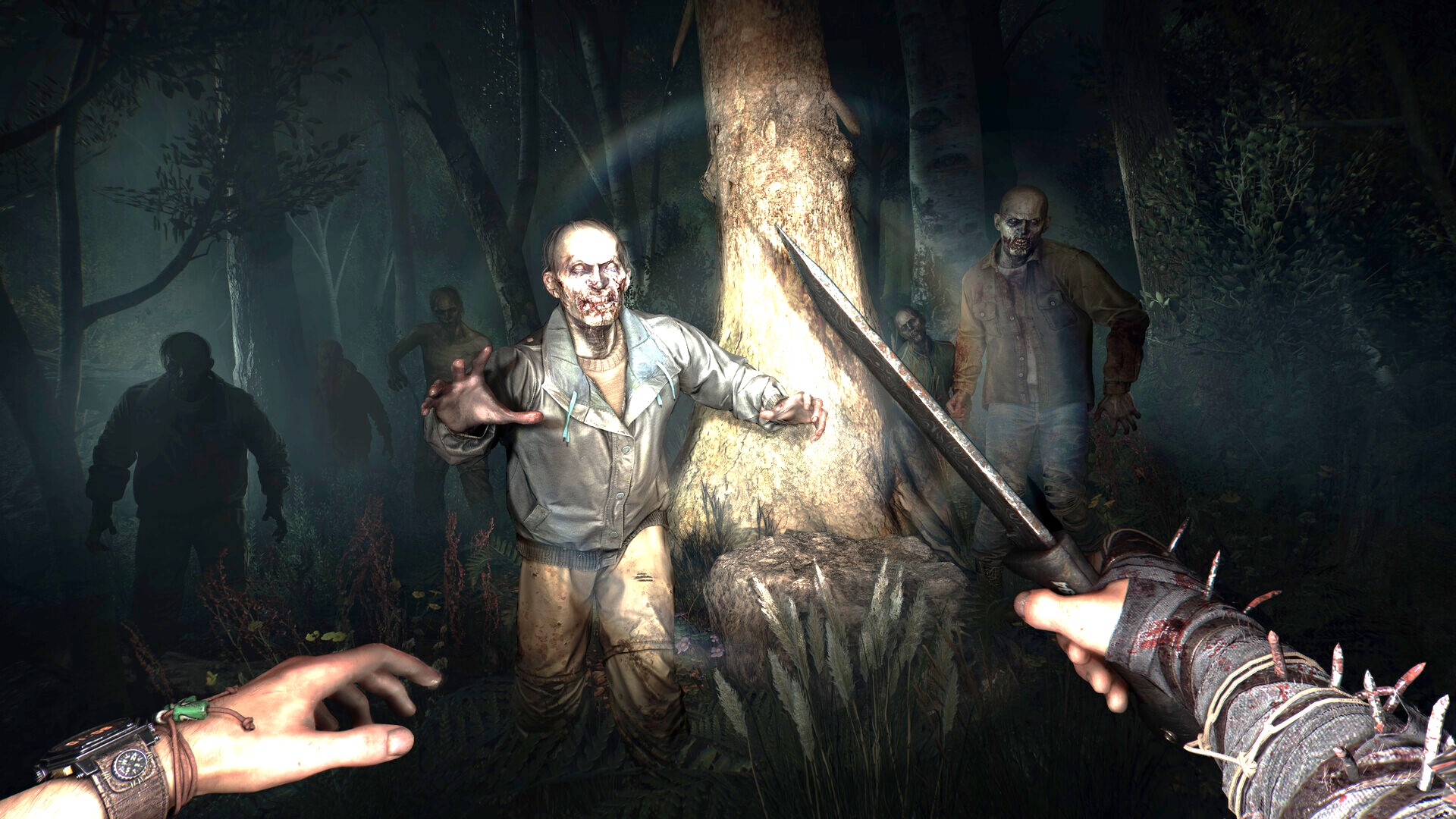If World of Warcraft is to grow again, it needs a change in philosophy
World of Warcraft has more competition than ever. Will the 17-year-old game survive?
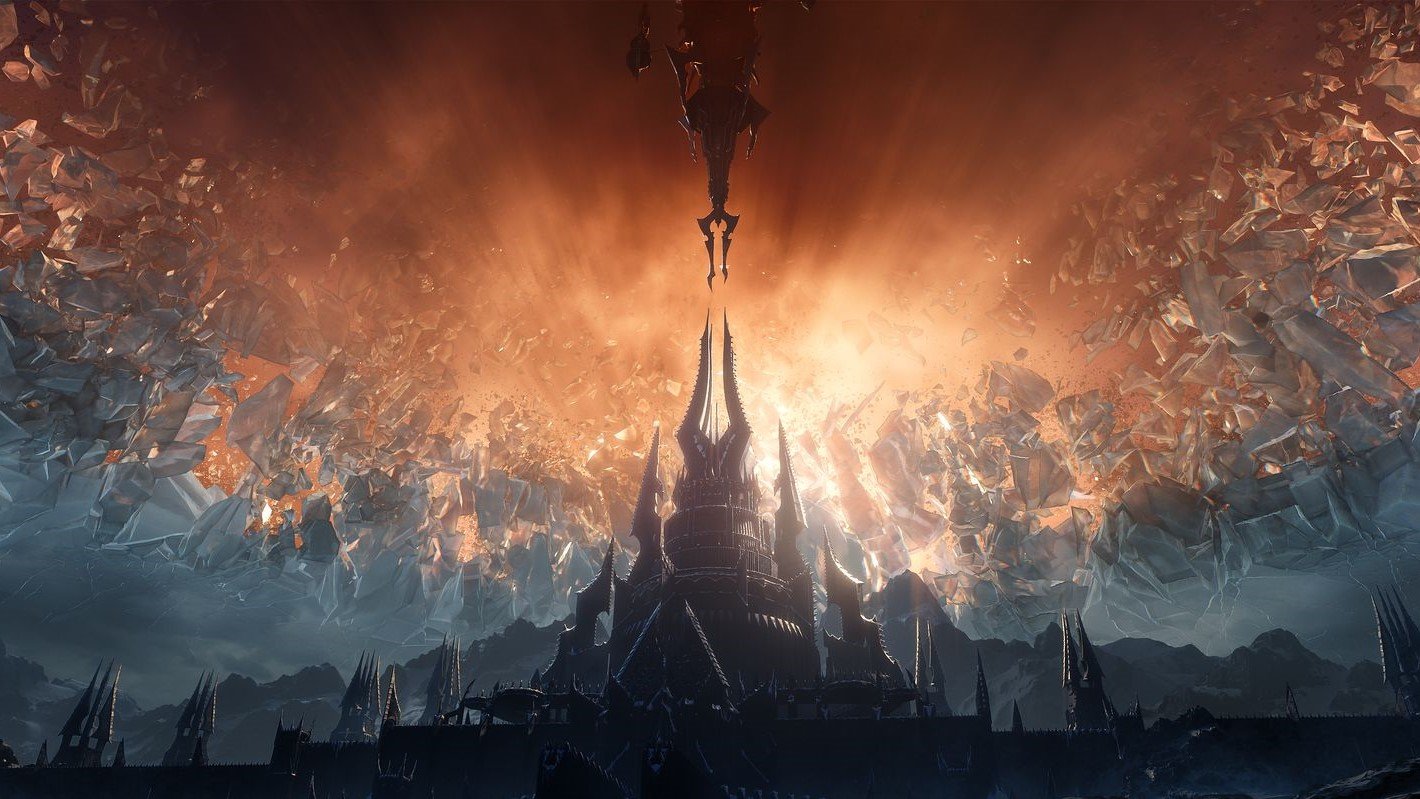
World of Warcraft (WoW) holds a special place in my heart. I have more than 10,000 hours played, and I've watched the aging MMO evolve from RPG powerhouse to shallow MAU harvester for Activision's quarterly shareholder reports. Like much of the community, I long for a return to better days for the game, and recently, there has been a ray of hope.
Microsoft is attempting to purchase Activision Blizzard, and thus World of Warcraft in the process. There's no guarantee the deal will actually go through, but I for one hope that it does, since Activision Blizzard desperately, desperately needs a change in leadership. Grossly overpaid Robert Kotick has overseen one of the biggest drops in user retention in Blizzard history, seeing World of Warcraft go from industry staple to limping joke, all in the space of a few years. A scandal at Blizzard, coupled with brain drain from a mass staff exodus, has certainly hit all of Activision Blizzard's games. Today, though, we're here to talk about WoW.
Microsoft Gaming CEO Phil Spencer said in a recent interview that he wants World of Warcraft to grow again, and obtain more players than ever in the process. Given the state of World of Warcraft in 2022, I'd argue that's a tall order.
If the stars align, and Blizzard does end up free of Activision's dire shareholder culture, here's how I think WoW needs to realign to not only survive but thrive.
Make it a video game again
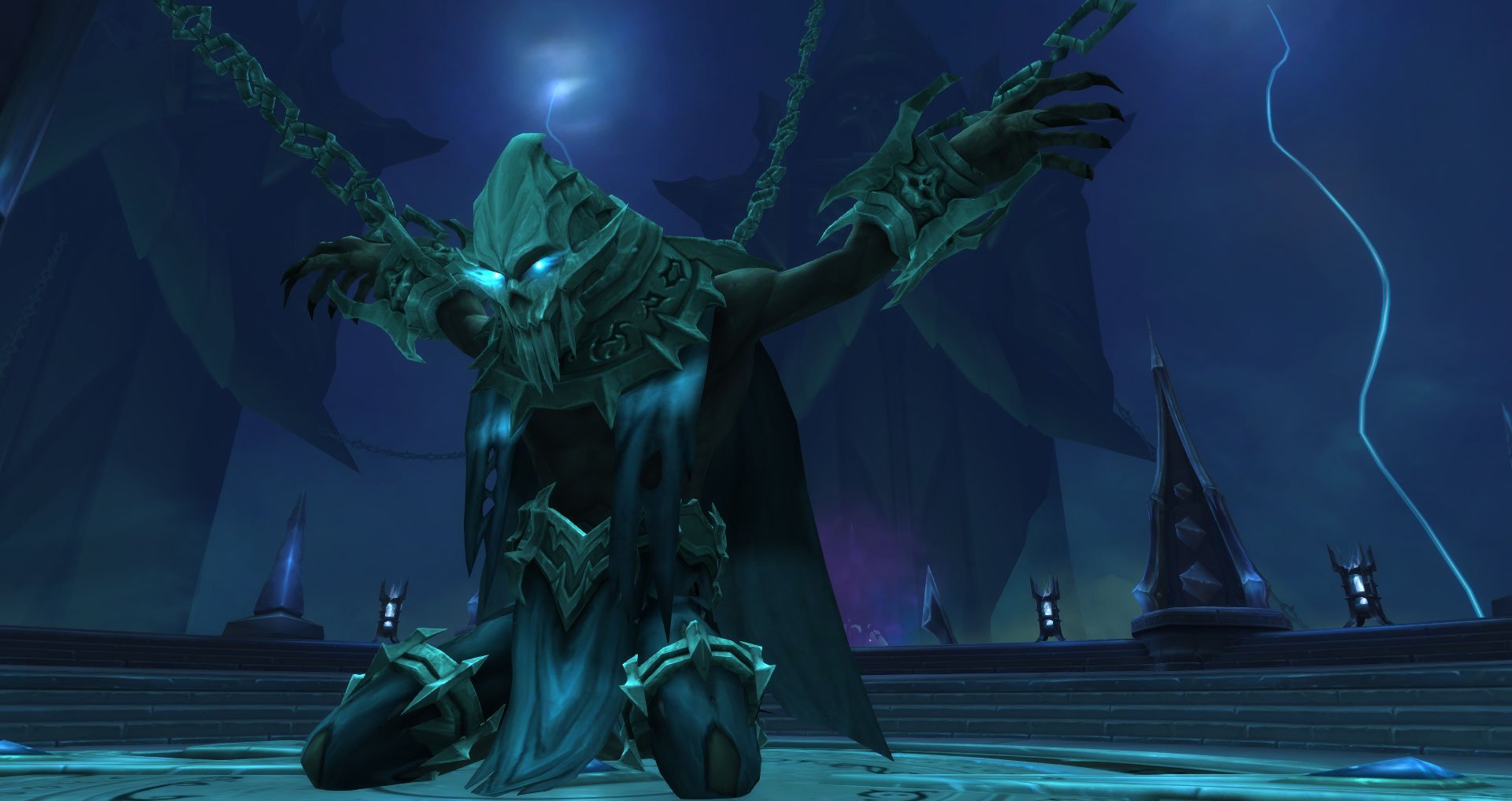
My biggest issue with modern World of Warcraft is its recent and aggressive focus on time-gating mechanics. Blizzard has walked some of these back in the latest Shadowlands expansion, but it ignored literally all of the criticisms from of the mechanics from the previous expansion, and also ignored all criticisms from the Shadowlands beta. It was only after players started quitting over it en masse that they sat up and said, "We hear you." Fool me once, shame on you, fool me twice ... you know the rest. After Battle for Azeroth and Shadowlands, Blizzard seems intent on making fools of its community repeatedly. Training players to expect to be ignored isn't a good look.
Activision's business model seems to hinge entirely on marketing, nostalgia, and hype, hoping that its more egregious gameplay designs slip through and perhaps get a few players addicted without alienating others in the process. Unfortunately, they've overstepped the mark in recent years, doubling down on these kinds of mechanics in the latest expansion.
Time gating generally refers to the practice of artificially blocking content from players until the following week. Every layer of the latest WoW expansion committed to this practice, with story elements gated, equipment upgrades gated, and character progression mechanics gated. Not behind skill or time spent actually playing, but by specific dates. This actually incentivized players to simply log off, rather than actually play, and ironically seek out other games that will actually, you know, let them play.
All the latest news, reviews, and guides for Windows and Xbox diehards.
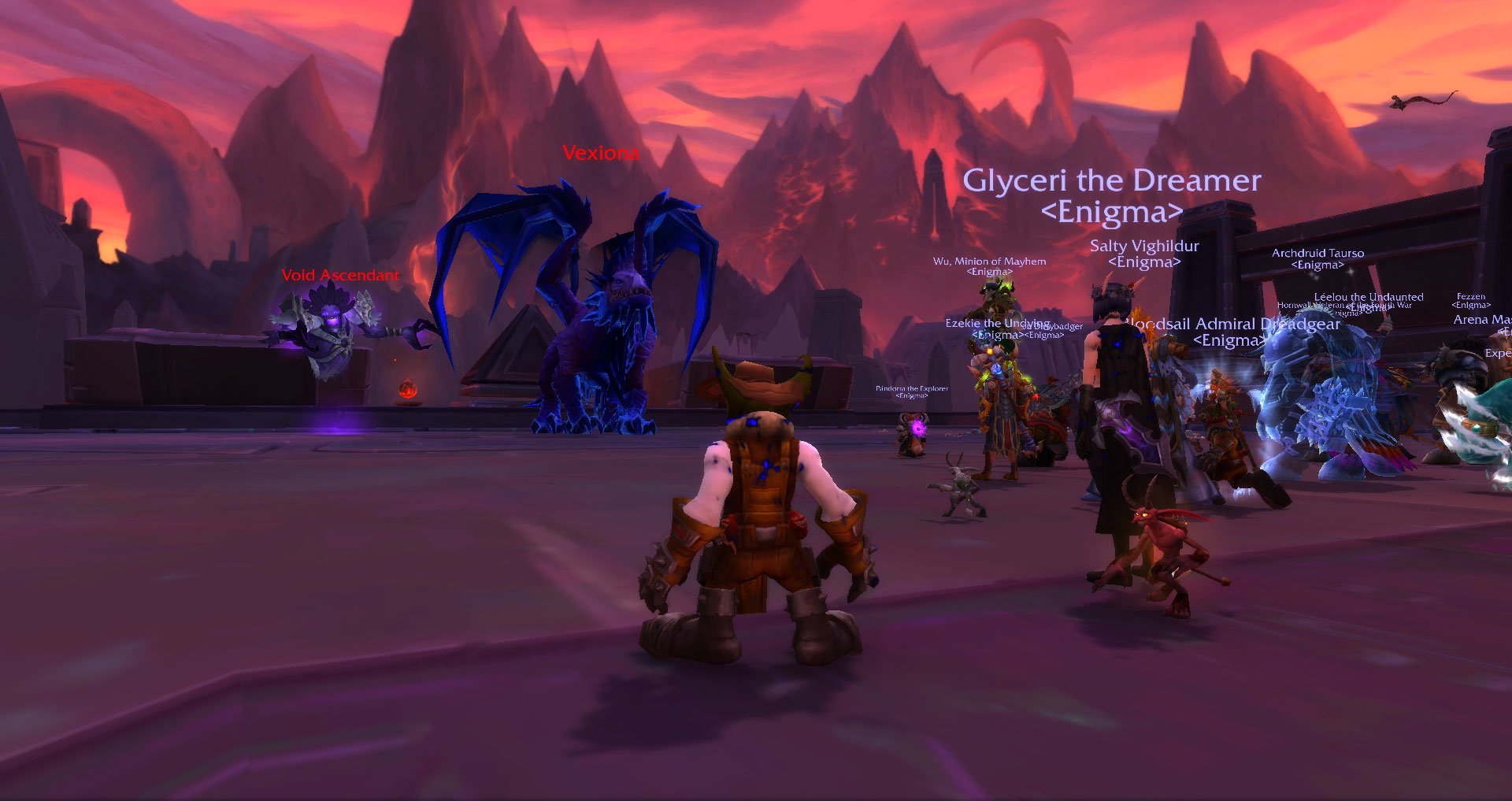
Blizzard also went way too far focusing on a weekly reward chest, rather than getting loot from, you know, killing bosses. What made me quit recently was the fact that I counted no fewer than 40 boss kills without getting a single item. Forty. That's dozens of hours of play, across irritating community interactions trying to get groups as a class role that isn't in as high demand as others. Blizzard instead wants me to wait until the following Wednesday to loot the Mythic chest, which gives you a random class reward based on your "engagement" with the game the prior week. This mechanic feels wholly designed around padding on-going engagement figures, with bosses relegated to a numbers game rather than a rewarding feedback loop. Blizzard's de-emphasis on boss kills has backfired, though. Instead of waiting for Wednesday to get rewards and unlock activities, I simply unsubscribed.
Blizzard's de-emphasis on boss kills has backfired, though. Instead of waiting for Wednesday to get rewards and unlock activities, I simply unsubscribed.
Various other aspects of WoW make the game feel more like a job than a game these days. The scheduled loot drops on a weekly timer. The scheduled activities on a weekly timer. The annoying Raider.IO addon ranks players based on their time spent in-game and luck in groups, rather than their individual skill. Every layer of WoW has started to make me feel like I was just a statistic, rather than a player, with the game no longer respecting my free time or my will to actually have fun.
By comparison, Final Fantasy XIV has plenty of side content that can be experienced in between pre-made raid groups, with permanently embedded features like player housing to keep gamers interested in the game's world. Blizzard expansions operate on this very Activision-like "borrowed power" philosophy, where expansion features are thrown away between retail purchases, leaving a graveyard of pointless and abandoned content that could've been developed into interesting rolling gameplay features. Mists of Pandaria had a cool farming system that felt like a consolation prize for players who had been asking for player housing. Yet it lays abandoned, much like the Warlords of Draenor Garrison system. Both of these features had their problems but could have evolved to be something more interesting tied to your character growth, giving players something "RPG" to do outside of waiting for Blizzard's lame timers to actually play.
Refocus on community health
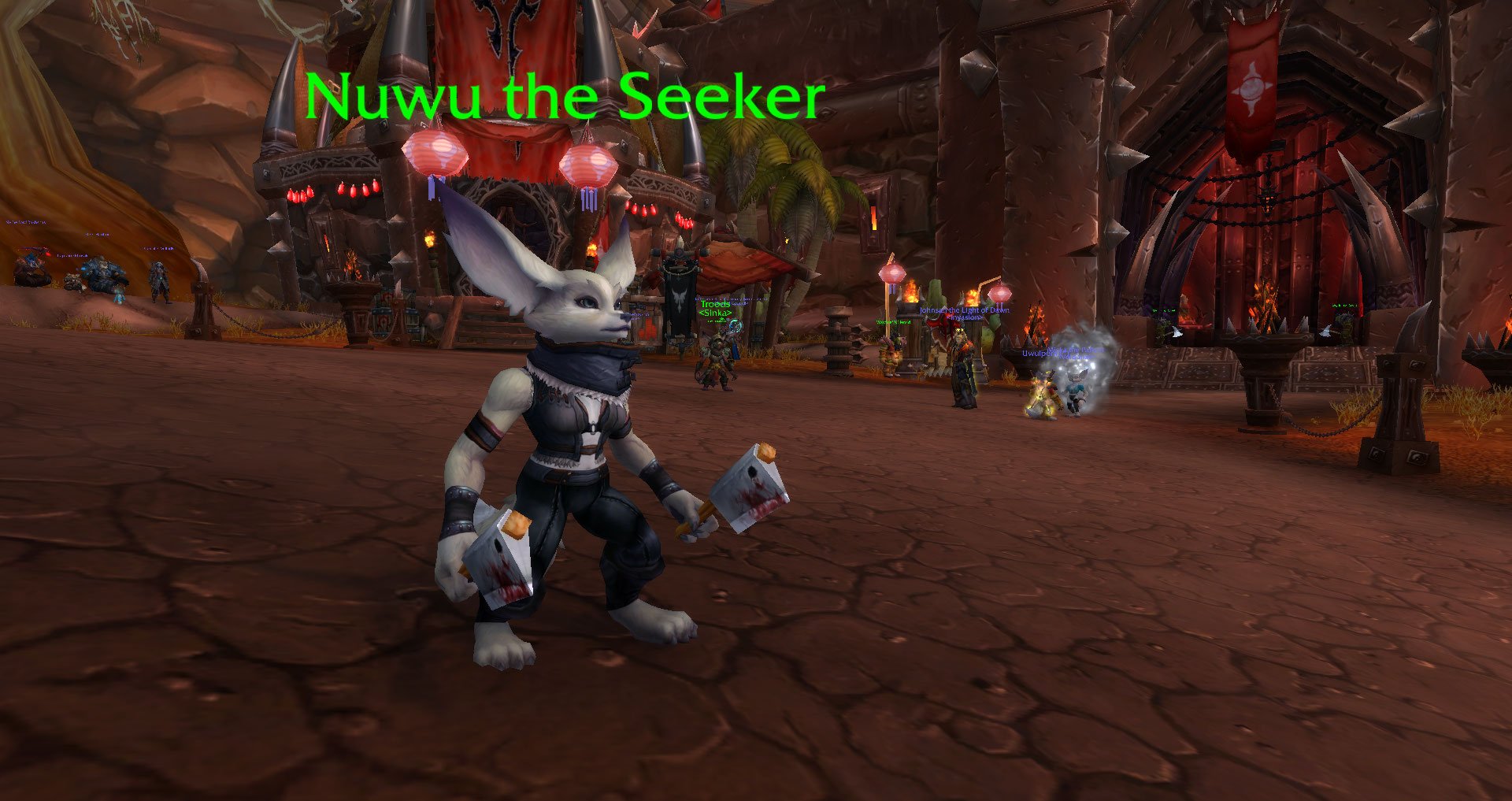
I touched upon Raider.IO and how I feel like it has had a chilling effect on the community at large, but it's only really one piece of a much larger puzzle. When Blizzard activated cross-realm play and LFG and LFR random matchmaking for dungeons, they effectively killed server communities in the process. Players you saw running around on your screen more often than not were not actually from your server, leading players down a path of disconnection from others around them. There's probably a wider analysis that could factor in here, with changes in consumer habits, the evolving internet, and the way social media has practically dehumanized everyone online, but I'm not sure it would totally hold weight for WoW. Why? Because Final Fantasy XIV, a competing MMO, generally seems to have a far nicer, kinder, and more supportive community than the one Blizzard has curated around WoW in recent years.
Blizzard's insistence of turning WoW into a MAU-padding machine "job" rather than game probably goes some way to making players somewhat resentful of the time they spend inside WoW. If you're not playing absolutely optimally 100% at all times in a group, players can very easily see from your talent choices or gear, or Raider.IO mod score, and judge you for having too much fun rather than expediting their speed through a dungeon. Indeed, Mythic+ dungeons all come with a timer attached to them, adding a sense of urgency that is supremely fun to beat with friends, but dire and toxic with random players — who thanks to cross-realm play, are largely anonymous. I suppose the argument would be, "Well, play with your friends," but that's a whole other problem worth addressing.
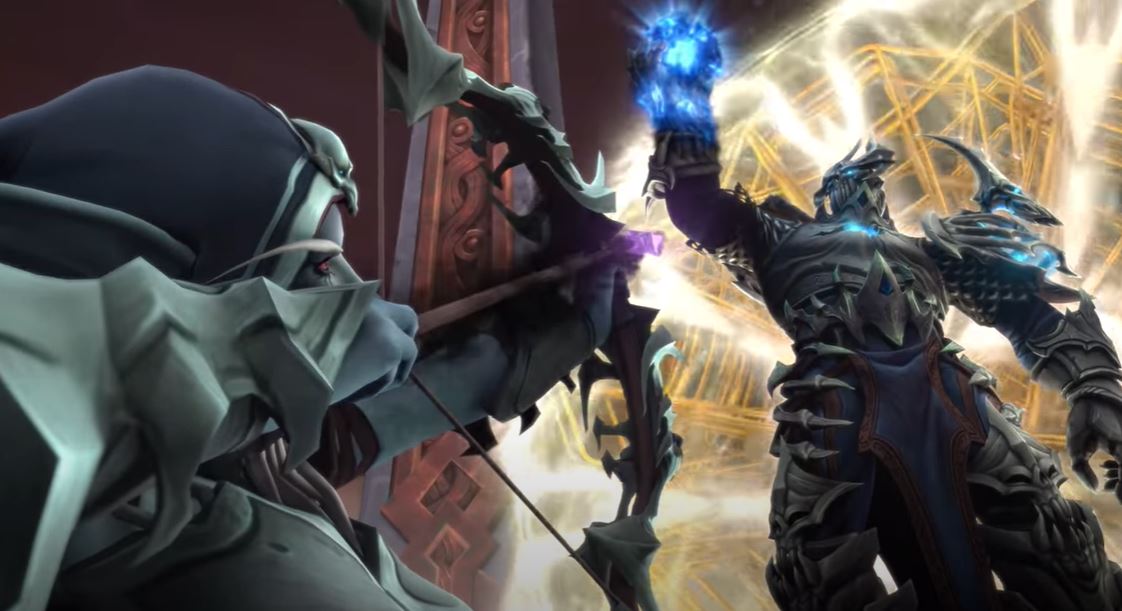
Blizzard's design around the Horde vs. Alliance faction war has also been impacted by this general change in player behavior, fostered by Blizzard itself or not. As players increasingly seek to play WoW in the most "optimal way" possible, rather than having fun, servers have become increasingly lopsided between Horde and Alliance players. Horde and Alliance players cannot play or even communicate with each other, at least as of writing. There are signs that Blizzard is gearing up to break open the barriers between the two factions, allowing Horde and Alliance players to raid and group up with each other for the first time in the near future. I'd argue that this doesn't go far enough, though.
I logged into my WoW server this week for the first time in a year, saddened to find it was practically empty.
Given the way the WoW story has evolved, I think simply dropping the faction divide entirely would solve the faction imbalance issue across servers, and allow communities to grow again in a more logical way. If you're a Horde player on an Alliance-favoring server, chances are none of the Horde players you'll end up in a group with are actually from your server. I logged into my WoW server this week for the first time in a year, saddened to find it was practically empty. Yes, people are waiting for the big 9.2 WoW patch and many are probably checking out Lost Ark and FFXIV, but even during peak times, finding people to play with has become harder than ever in modern WoW. Partially because players are quitting, but also because the faction imbalance, coupled with dead and empty servers, are killing server communities.
There are obvious and easy ways to solve the faction divide in the story. Raise a ceasefire treaty between the Alliance and Horde. Allow players to learn the language of other races in-game (gameplay features, wow!). Perhaps allow opposing faction players to acquire a passport to other cities via the near-abandoned reputation system. Allow players who enjoy PvP to join radical and secretive sub-factions loyal to Genn Greymane or the late Garrosh Hellscream who still hate their opposing Alliance or Horde enemy, and reposition battlegrounds as a war for supremacy between those sub-factions, and open-world PvP as a bounty-hunting assassination system between these aggressors. The way the faction war has become central to the community server infrastructure health just doesn't work in 2022.
Make Blizzard a powerhouse again
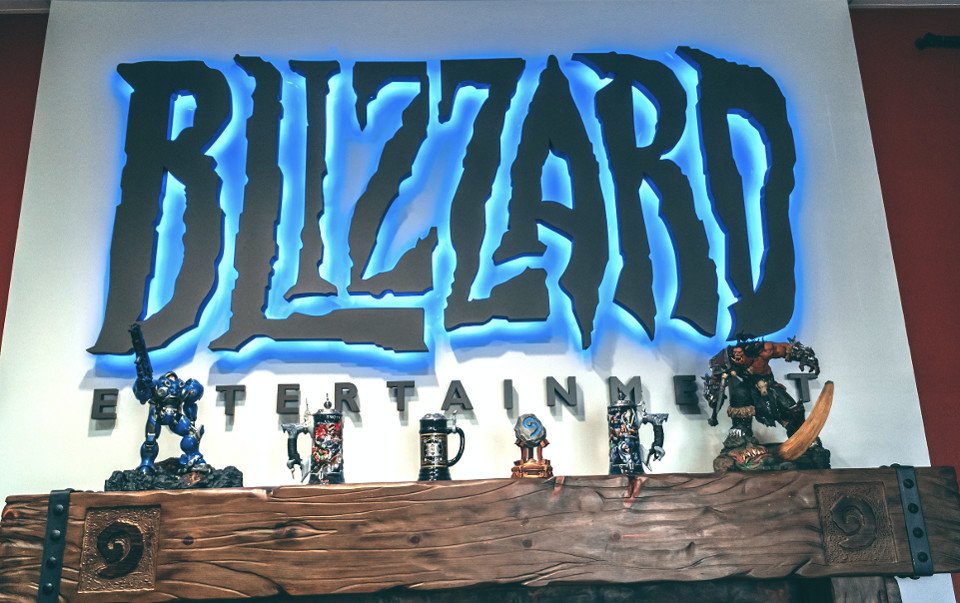
Finally, perhaps the most important and complicated piece of the puzzle — make Blizzard a desired place to work again. It's no secret that Blizzard has undergone a massive exodus in longtime staff in recent years, with some of the company's brightest stars heading to competing companies like Tencent's Riot and so on. I'm reluctant to link the dip in WoW's quality to the churn of personnel at the company, but I doubt it's had a positive effect on the game.
The worlds Blizzard has created have inspired millions upon millions of players.
Blizzard was once (and still is) one of the most beloved developers in gaming history. The worlds Blizzard has created have inspired millions upon millions of players, created lasting connections and friendships, and touched the lives of so, so many people. Watching the scandal unfold over the past couple of years has been disheartening as an onlooker, but I can't imagine the stress and pain it has caused people internally, especially the victims of Blizzard's poor workplace culture. Many of the perpetrators have been removed, but it remains to be seen whether Blizzard can turn things around now, but getting rid of CEO Robert Kotick should go some way to begin repairing the damage.
This article only really touches on a very small number of issues with World of Warcraft. There are, of course, many, many more, from poor story delivery to weak reward mechanics, unrewarding class design, and bad expansion features. With ex-Xbox CVP Mike Ybarra now leading Blizzard, who himself is a hardcore WoW raider, I can only hope that Blizzard will find its feet again from a game design standpoint, focusing on fun rather than engagement. From a culture standpoint, there's a clear opportunity for Microsoft to bring a wave of positivity and benefits to everyone at Blizzard, WoW dev or not, in a sorely needed reprieve from months of poor treatment from the top down at Activision Blizzard.

Jez Corden is the Executive Editor at Windows Central, focusing primarily on all things Xbox and gaming. Jez is known for breaking exclusive news and analysis as relates to the Microsoft ecosystem while being powered by tea. Follow on Twitter (X) and tune in to the XB2 Podcast, all about, you guessed it, Xbox!
